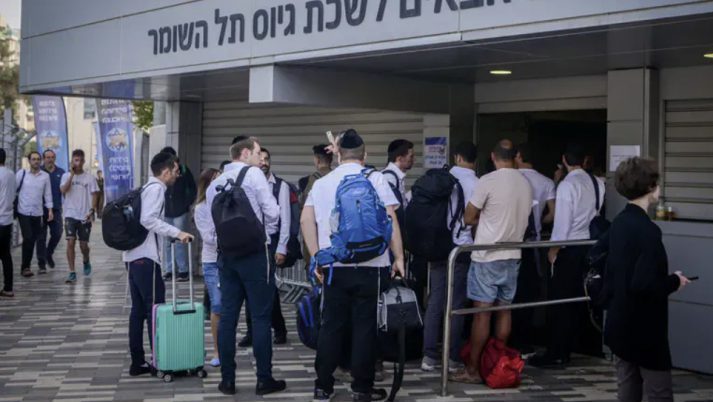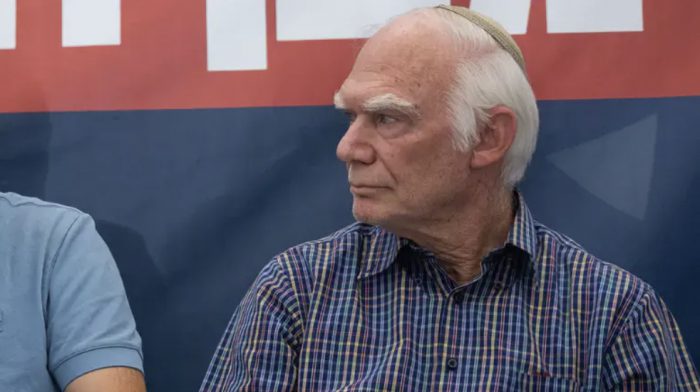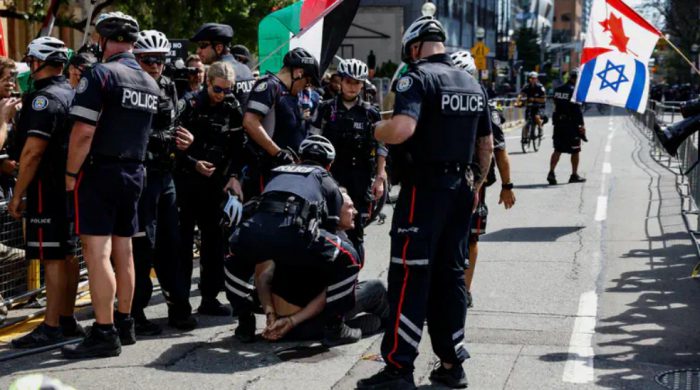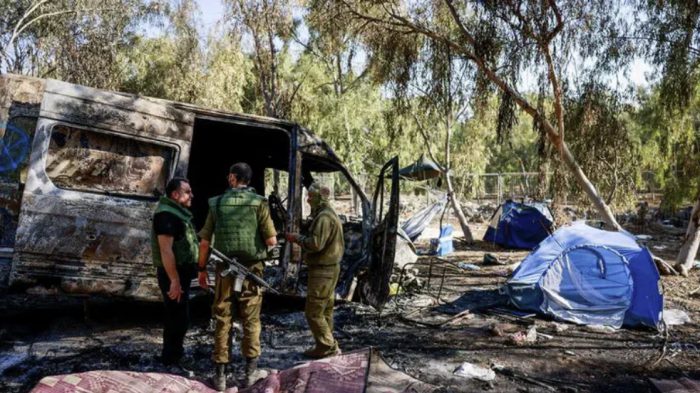Rabbi Moshe Hillel Hirsch endorses dialogue on Israel’s Draft Law, signaling unprecedented Haredi cooperation amid political tension and coalition dissent.
Jerusalem — In a development marking a rare convergence between Israel’s religious leadership and the political establishment, Rabbi Moshe Hillel Hirsch, one of the most revered figures in the Lithuanian-Haredi world, has given his approval in principle to advance the proposed Draft Law championed by Knesset Foreign Affairs and Defense Committee Chairman MK Boaz Bismuth.
The approval followed an extended, closed-door meeting between Rabbi Hirsch and senior Degel HaTorah officials, including MKs Moshe Gafni, Uri Maklev, Yaakov Asher, and former MK Yitzhak Pindrus, during which the law’s clauses were examined in detail.
While Rabbi Hirsch emphasized that several sections remain “problematic,” his endorsement of continued discussion represents a historic signal of willingness to engage with the state on military service reform — a topic long considered untouchable within the ultra-Orthodox world.
Degel HaTorah officials clarified that outstanding concerns will be refined through deliberations within the Foreign Affairs and Defense Committee, ensuring that Torah study and the spiritual autonomy of yeshivot remain protected.
Later that morning, Rabbi Hirsch convened members of the Council of Torah Sages to reaffirm a guiding principle: “Torah study must continue without interruption.” He urged unity within the Haredi community, stressing that dialogue — not division — must guide negotiations over the national conscription framework.
However, the proposal continues to ignite sharp resistance across Israel’s political landscape. During an emergency Knesset conference, former committee chair MK Yuli Edelstein and Deputy Foreign Minister Sharren Haskel denounced the plan.
Edelstein warned, “We should not accept this decree of evil. The IDF cannot be a ‘small, smart army’ — it must be a large, smart army.”
Haskel went further, declaring she would vote against the law, warning the coalition lacked the votes to pass it: “Seven MKs will oppose this framework. It does not meet the IDF’s operational needs.”
Despite the mounting political storm, Rabbi Hirsch’s cautious approval injects new momentum into the debate. For the first time in years, Israel’s ultra-Orthodox leadership appears open to structured dialogue on integrating Torah study with national responsibility — a development that could reshape the relationship between faith, law, and service in the Jewish state.





